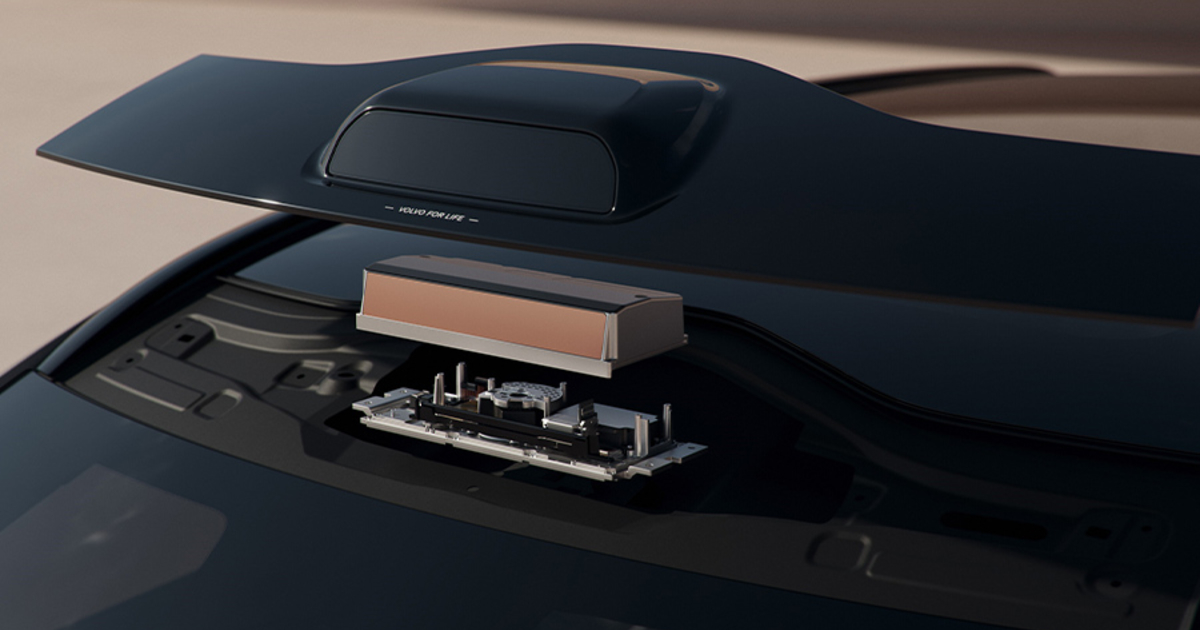
Volvo has little tolerance for failure, except when it comes to investing in startups.
“We know we are not going to have a 100 percent success rate because then we are not taking risks,” said Alexander Petrofski, who is CEO of the Volvo Cars Technology Fund.
“Realistically, if we can be somewhere between 50 and 75 percent when it comes to our success rate when it comes to implementation, then I think we are in a good spot.”
He said the company’s corporate venture capital arm needs to have a high tolerance for uncertainty.
“If we don’t explore the areas that could be pivotal to the industry, who will?” he said. “We should be in that frontier.”
Launched in 2018, Volvo’s tech fund currently has 20 companies in its portfolio.
In 2022, Petrofski’s team of roughly 10 people met with 500 companies and decided to invest in seven of them. It also made follow-up investments in three startups in the portfolio.
Volvo’s number of investments in startups could rise into double digits this year, Petrofski told Automotive News Europe, adding that the minority stake it takes in each startup doesn’t exceed 5 million euros. The same fixed cap applies if the stake is bought in dollars or pounds.
“Because we want to be able to diversify our portfolio, we don’t want to go in too heavily on one singular company,” he said during a recent interview in Gothenburg.
He added that whether the fund invests in seven or 10 new firm in 2023 doesn’t matter. The ultimate purpose of the entire process is to identify interesting companies that could have solutions to Volvo’s biggest challenges.
“We want this process to translate into at least twice as many collaborations as investment opportunities because we do this for strategic reasons, not for financial reasons,” he said. “In certain cases, we choose not to invest, but that doesn’t mean we are not going to work with the company.”
Some of the areas where Volvo is looking for cutting-edge ideas include plant automation and digitalization, connectivity and sustainability.
“We believe we are fast in the car industry, but we are still slow in comparison to startups,” he said, adding that they are so quick and agile because startups only have a short time prove themselves. If not they don’t? “They are dead in two years,” he said.
Betting on a young company very early in its existence usually costs less but the risk is much higher, he said. The opposite is true for a company that is more established: the entry cost is higher because the risk is lower. He said Volvo tries to have a mix of both.
When it comes to the success stories, they include U.S. based Luminar, which provides the lidar system in the Volvo EX90 flagship electric SUV; U.K.-based blockchain technology firm Circulor, which has helped the automaker and sister brand Polestar improve its traceability of cobalt used in EV batteries to make sure the mineral is sourced ethically; and Swiss material firm Bcomp, which is providing the EX30 and Polestar 3, flax. The renewable fiber derived from linseed plants is being used instead of virgin plastics.